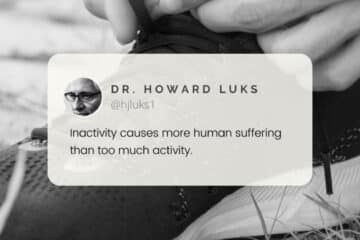
Much has been said about the power of email, portals or the plethora of text based reminders or apps that notify you of a goal that has been or needs to be achieved. While we’re not sure these apps or platforms will survive their Series A…
What lies deep beneath these platforms and applications is the process of communications.
- Proper communications between healthcare providers improves patient care
- Proper communications among providers and patients increases likelihood that the instructions will be followed.
- Proper bidirectional communication ensures you are treated as a person and not a disease.
- Proper communications encourages patients to be their own best chance of success.
- Proper communications aids in ensuring a surgical success.
- Proper communication prevents surgical errors.
- Proper communications prevents medical errors.
- Proper communications among the care team improves patient care delivery, and …
- Proper communication enhances the working environment to improve productivity, job satisfaction and the overall working relationship of the team.
What are you waiting for?
Go out there and talk to someone!
If I have left something out… put it in a comment please :-)
Do you have questions regarding an Orthopedic injury or longevity?
Do you want to talk to an expert who can listen to you for 45-60 minutes and explain the options in detail?
Dr. Howard Luks offers remote guidance sessions to review your X-ray or MRI images and explain your options.
Dr. Luks has also received hundreds of requests for educational sessions on the topics discussed in his book, Longevity Simplified.












Jeff Riggins
Dr. Luks,
I agree with all of your points regarding effective communication. We cannot lose sight of the importance of human communication (however mediated) in clinical settings.
The nexus of technology and health communication has created great opportunity but also presents some difficult quandaries relating to data sharing & ownership, patient participation, privacy, etc.
I recently wrote a blog post explaining why I believe pursuing advanced education in digital health communication may be a worthwhile endeavor.
http://bit.ly/WJxYte
Thank you,
Jeff Riggins
Drury University
Name Jan Beery
Great points, Howard! How ARE you, by the way?
Open communication with the sharing of information extends even beyond the clinical setting. Communicating is a must for the clinician and the health care institution. When that patient goes to do their research, are they finding the information from another clinician or health care institution or are you sharing so much valuable information, that the patient considers you as their source for the educational information they’re seeking? Think about it! Who’s educating your patients?
Thanks Jan…
Me? No comment :-)